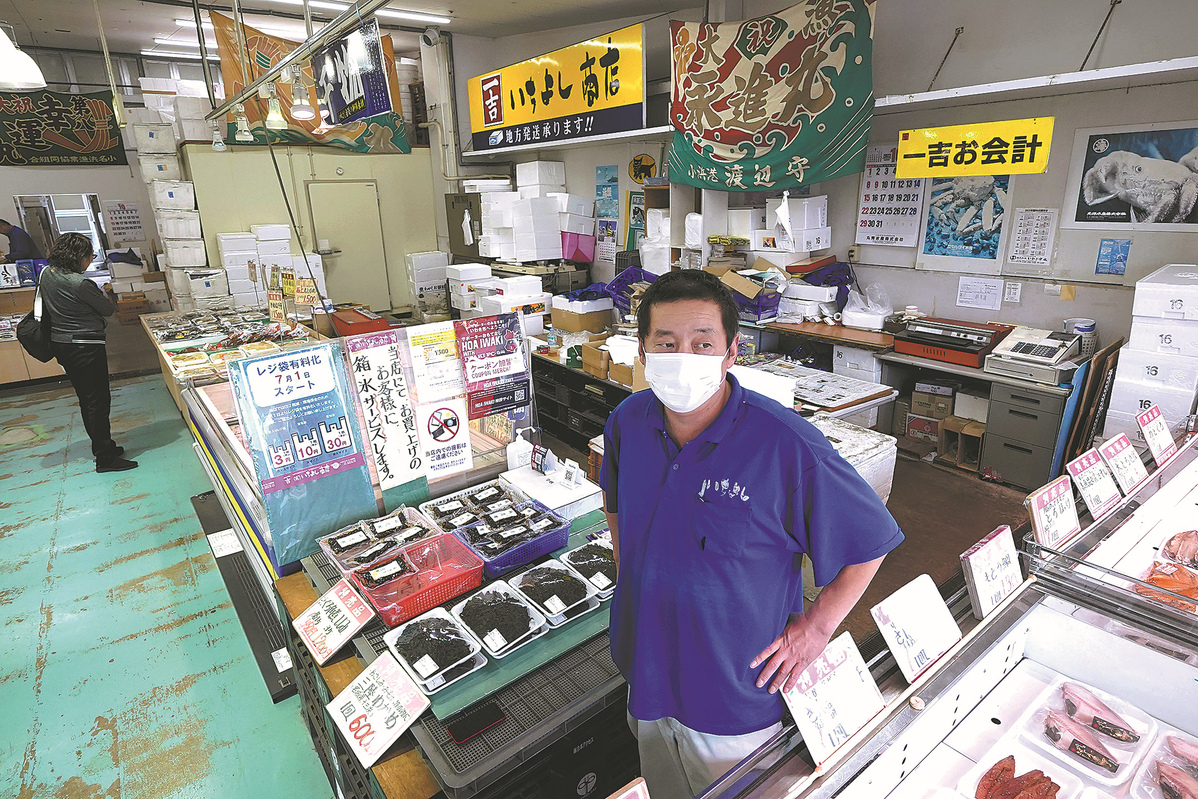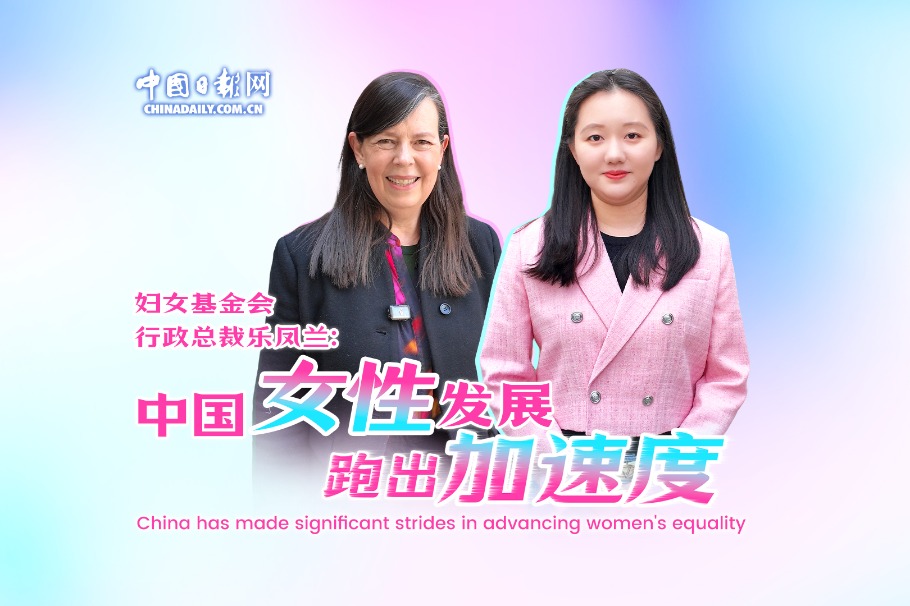Fukushima fishers fight for survival


Severe radiation
To date, nuclear radiation in many locations in Fukushima is still severe, said Kamoshita, leader of the plaintiff group suing the Japanese government and TEPCO in another lawsuit, with the main goal of seeking compensation for radiation damage.
Five years after the nuclear accident, Kamoshita detected a high radiation concentration in his home in Iwaki, way above the safety limit. Some households among the plaintiffs had even higher concentrations in their homes.
"TEPCO has neglected these issues. As long as our homes are outside the evacuation-designated zones, TEPCO does not take action to eliminate radiation contamination," Kamoshita said.
"When I lived in Iwaki, I used to be able to go into the mountains to pick wild vegetables. However, these activities are no longer possible, and restoring our lives to the previous state is now impossible."
Because of health concerns, Kamoshita quit his job as a microbiology teacher in Iwaki and secured a temporary position at a Tokyo university. To make ends meet, he also works in real estate management.
Given Tokyo's high housing cost, he is now renting a small house and living in the city with his elder son, while his wife is living in Yokohama with their younger son. Many male evacuees from Fukushima are also separated from their wives and children.
There are more than 30 lawsuits filed in Japan against the government and TEPCO, with a total of around 13,000 plaintiffs, Kamoshita said.
"Our purpose in filing the lawsuits is not only to obtain compensation, but also to have the government acknowledge some responsibility for the Fukushima nuclear accident."
Chiyo Oda, co-director of KOREUMI, or the Citizens' Conference to Condemn Further Pollution of the Ocean in Iwaki, said the Fukushima nuclear accident had a significant impact, changing everything in their daily lives and routines.
"Even more than 12 years after the accident, living with the awareness of radiation in our surroundings is something that did not exist before the accident," Oda said.
Even now, radiation measurements are still being conducted in many places. The effects of radiation vary depending on lifestyles, age and health conditions, but there have been persistent concerns about long-term exposure to low doses since the accident, Oda said.
Like Kamoshita, Oda is one of the plaintiffs suing the Japanese government and TEPCO in an attempt to stop the discharge of nuclear-contaminated water into the ocean.
"I view this lawsuit from a broad perspective as a claim to the right to live on Earth. Even if it were to result in a loss, it does not negate that assertion," she said.
Continuing to dump nuclear-contaminated water into the sea will perpetuate the damage caused by the accident, because such actions will spread radiation into the interconnected oceans of the world. Just as the nuclear accident should not have occurred, ocean discharge should also not have taken place, she said.
Concerned about the impact on the marine ecosystem, from seaweed and plankton to seafood and humans who consume them, she said radiation is known to affect at the genetic level, and depending on the nuclide, it can have various effects on different organs.
The psychological effect on people who are fond of the sea is also immeasurable.
"Every time we see the beautiful sea, the thought that radiation is flowing here crosses our minds," Oda said. "It saddens me to think that children might no longer be able to enjoy activities like swimming in the sea or playing by the shore. This is something that cannot be expressed in numbers or words."
She said she believes the Japanese government should disclose requested information regarding the ocean discharge, including details about the amount and types of radioactive substances released.
"The government should seek understanding and cooperation from all nations and individuals involved in this ocean discharge. It is crucial to reveal opinions from overseas to understand perspectives from abroad," she said.
The Japanese government keeps emphasizing that water released from the Fukushima plant is treated water, not nuclear-contaminated water. But Motoo Tomizuka, a member of nonprofit No Nukes Plaza Tokyo, has a different view.
"It's not treated water but contaminated water. This is because the treatment is extremely insufficient," Tomizuka said. "Since the water has been discharged recently, it is difficult to determine the impact. In the future, I think it will affect not only Japan, but also countries along the Pacific coast."
























